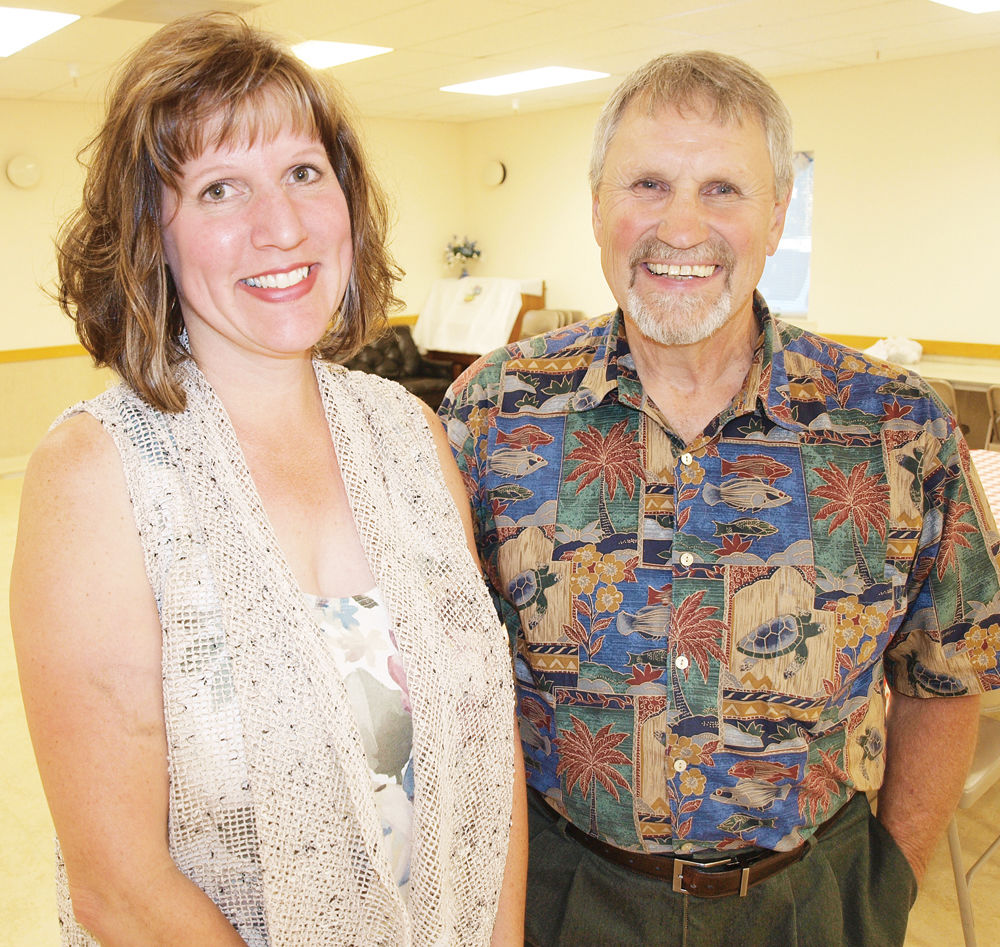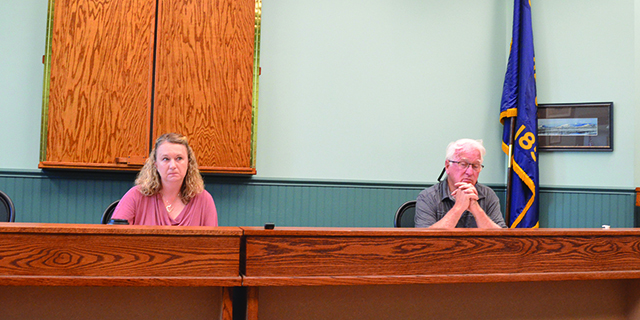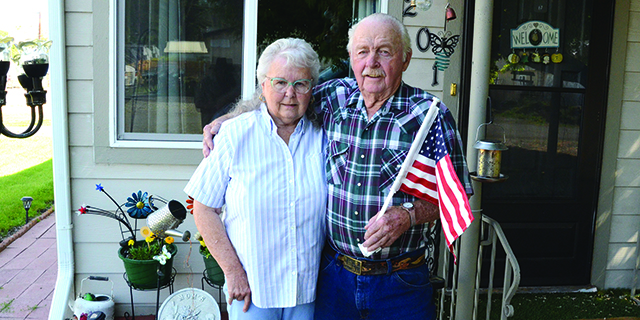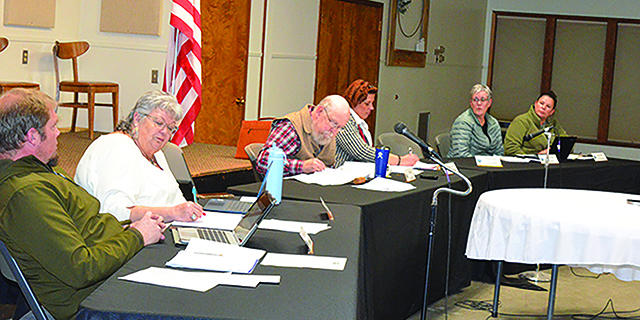Managed health care on local horizon
Published 5:00 pm Tuesday, August 20, 2013

- <p>Polly DeVore (left) and Tim Funk are chair and vice-chair, respectively, of the Wallowa County Local Community Advisory Council, a group of volunteers helping to implement provisions of the Oregon Health Plan.</p>
Two leaders of a local committee helping to implement provisions of the Oregon Health Plan began a series of town hall meetings this week to discuss health care in broad terms and to solicit residents input.
Polly DeVore and Tim Funk, chair and vice-chair, respectively, of the Wallowa County Local Community Advisory Council (LCAC), met approximately 20 people Sunday evening, Aug. 18, in Enterprise, around 25 citizens Monday night, Aug. 19, in Wallowa, and were scheduled to hold the third and final meeting in the series Tuesday night in Joseph. Todays issue of the Chieftain went to press before the Joseph town hall convened.
DeVore, director of Enterprise clinic Olive Branch Family Health Inc., and Funk, a retired health care administrator who also had experience in the health care insurance industry, casually explained a few aspects of Oregons new plan championed by Gov. John Kitzhaber. The plan applies most immediately to Medicaid recipients, but is also expected to come into effect soon for enrollees in Oregons Public Employees Retirement System (PERS).
I want you to understand that there are the same players in the game, but theyre hiding under a different cloak, if you will, Funk said, referring primarily to health insurers. The new system vastly changes insurers role, however, as they become responsible for paying claims rather than merely processing them, he added.
According to Funk, federal and state health care money will be funneled to Oregons various community care organizations (CCOs), the take-charge entities in the states new managed care model. CCOs are run mainly by insurers, he said.
Wallowa County belongs to the Eastern Oregon CCO (EOCCO), a limited liability corporation primarily formed by Greater Oregon Behavioral Health Inc. and Oregon Dental Service.
Generally, historically, they were only processing claims. They were not at risk for any of the cost, Funk said of the firms former relationship with Medicaid. If there was a cost overrun, it was the State of Oregon, it was the fed that had to pay that… Those CCOs are now at risk for the cost of care, which means if there are cost overruns, its not the state of Oregons or the feds problem anymore, its the CCOs.
DeVore and Funk say CCOs could seek to reduce costs variously by avoiding duplication of services to individual patients, by more closely monitoring patients compliance with their identified needs (for example, keeping tabs on whether patients fill needed prescriptions), and through a more concerted team approach to helping people. A team should include not only providers dealing directly with a patients physical health, but also professionals in behavioral health, social services, education, and possibly other fields.
The diverse lineup owes to the wide range of factors potentially affecting a persons health, not all of them predictable. A retired nurse at the Enterprise town hall meeting recounted an anecdote about an elderly woman whose medical condition suddenly improved once the providers helping her saw fit to get an air conditioner into her home.
Funk conceded that teamwork could be limited by existing legal restraints against sharing patient information.
A printed hand-out to town hall attendees asked them to rank local quality in six different service, support or life need areas health/medical, emotional well-being, housing, transportation, social supports, and family stability and invited them to include comments. The LCAC plans to compile the forms data and provide those results to the EOCCO, the states new health care manager for Wallowa County.
DeVore said Sept. 13 is the deadline for residents to submit a ranking form to the LCAC. Blank forms are available at the Building Healthy Families office in Enterprise (which recently moved to the former Wallowa Valley Care Center building), at Olive Branch Family Health, Olive Branch Pharmacy, and at offices of several other local health care providers. Completed forms can be submitted at those locations.
One local health care need expressed repeatedly during Tuesdays meeting in Wallowa concerned the countys lack of a skilled nursing facility for the elderly. Town hall attendees said that when residents of the former nursing home in Enterprise were recently moved to Wallowa Valley Senior Living, that new assisted-living facility near Wallowa Memorial Hospital couldnt accept some residents who required skilled nursing care.





